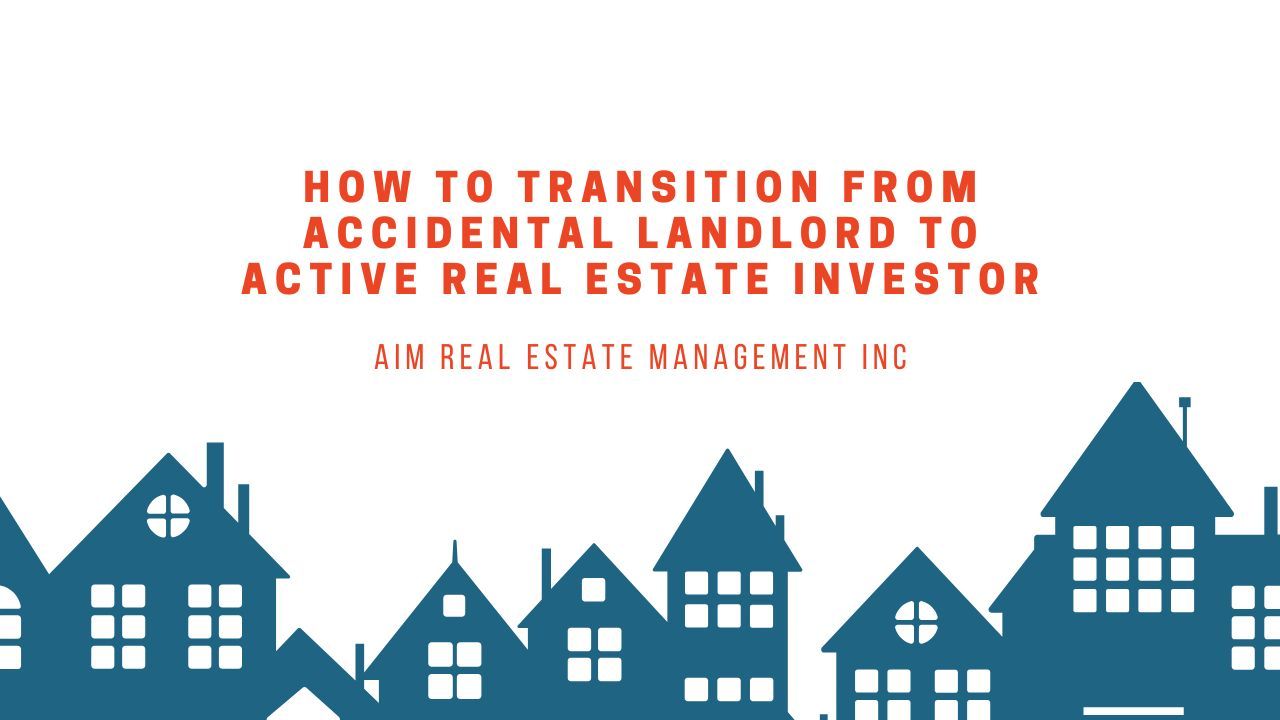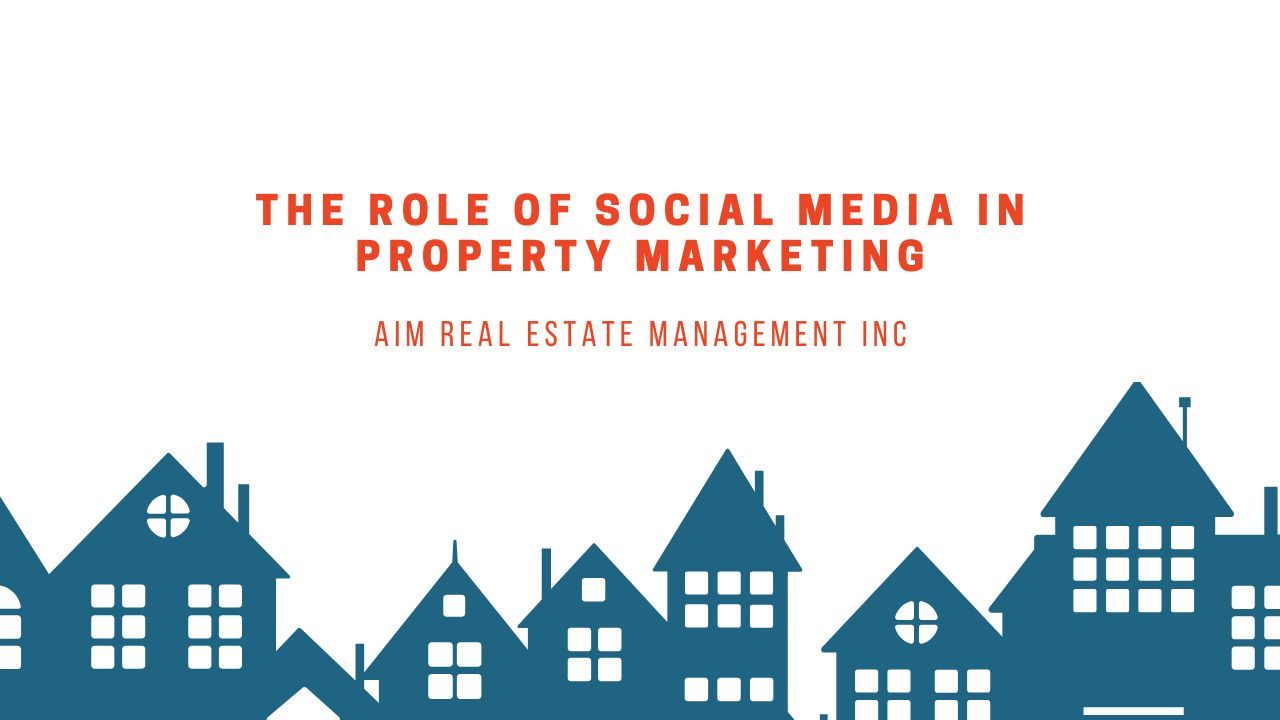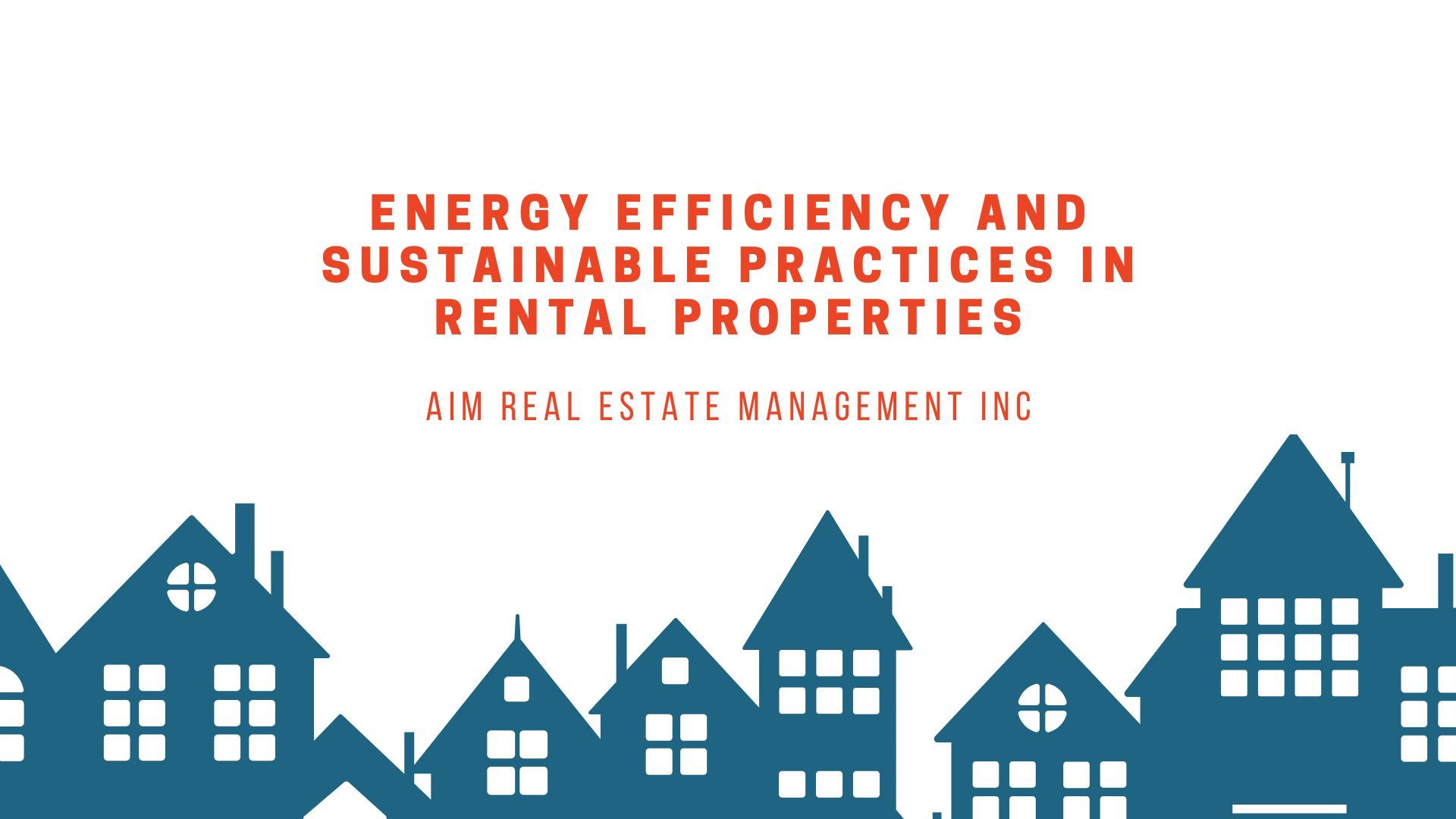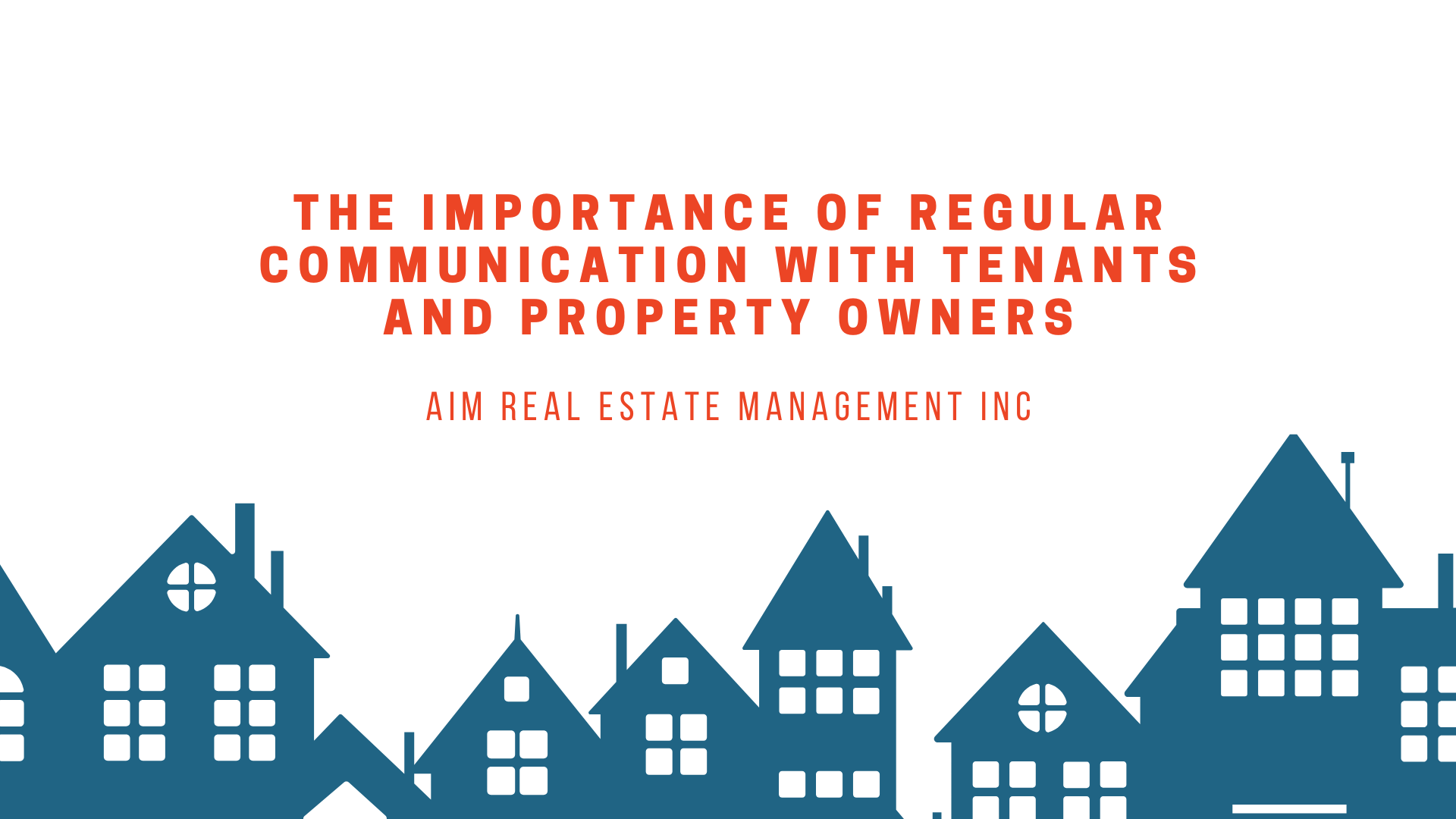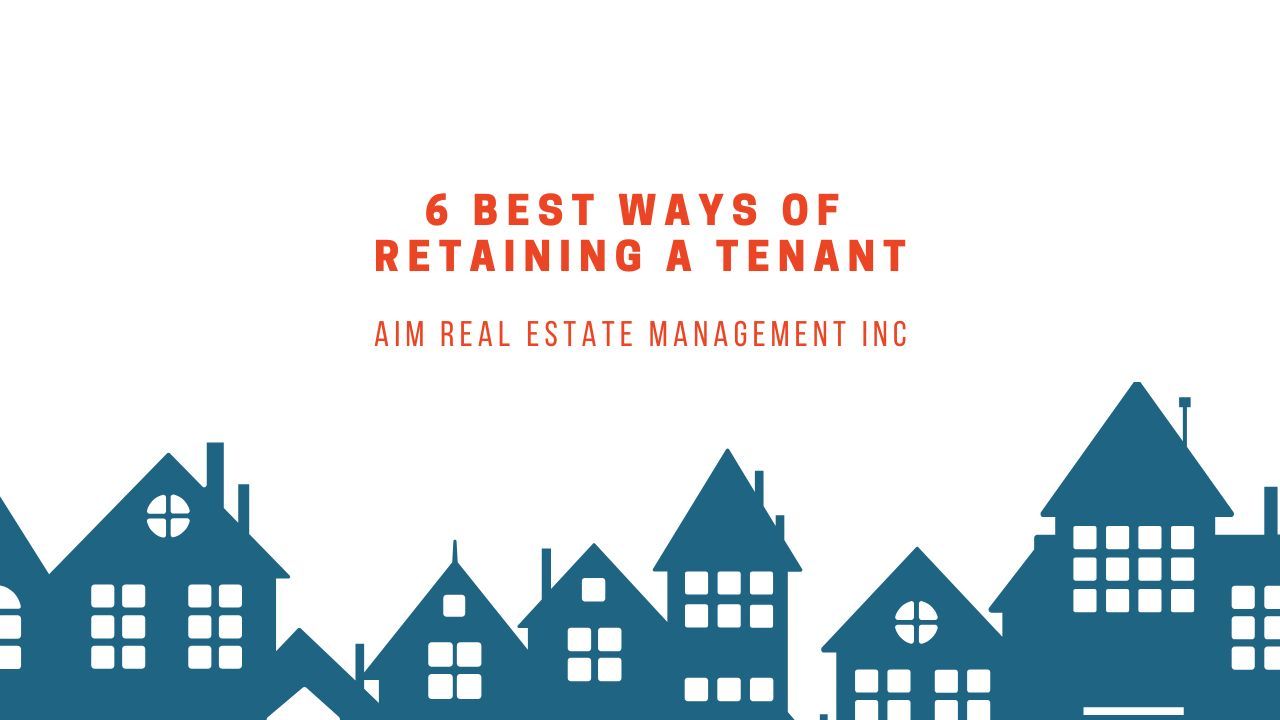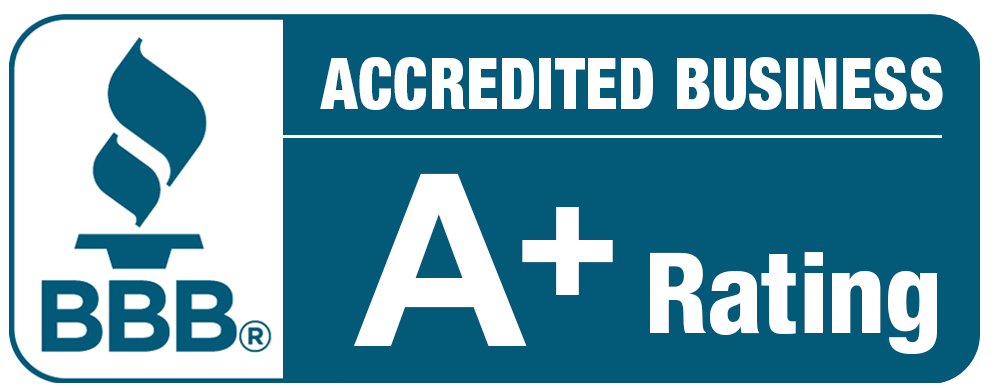South Carolina Fair Housing Act: An Overview
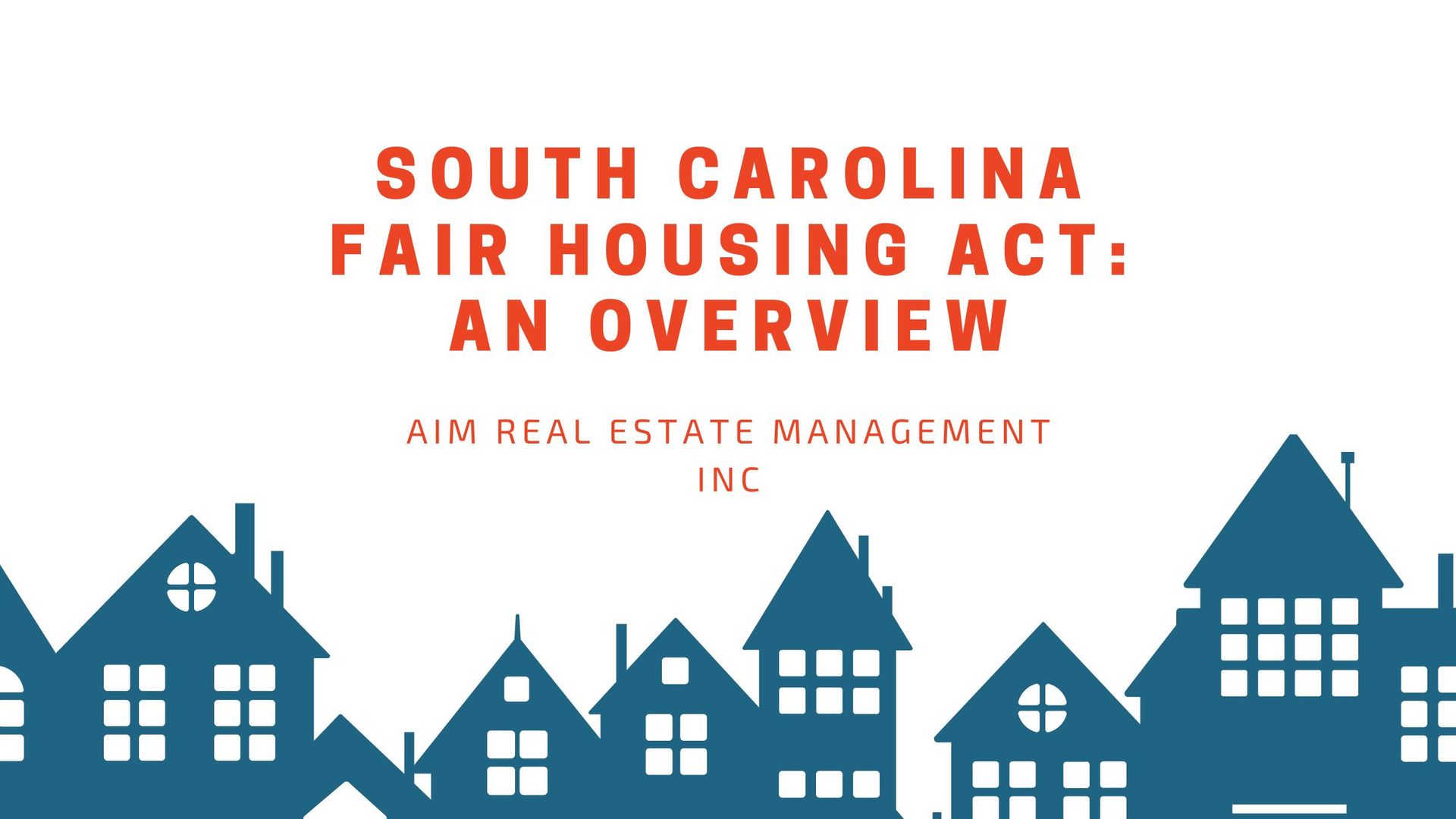
You have a responsibility to treat your tenants equally and with respect. This includes understanding and abiding by the Fair Housing Law.
In 1865, housing discrimination became more pronounced.
It wasn’t until the 1950s and 60s that the clamor for fair housing began. The Civil Rights Movement played a key role in bringing an end to discrimination in living accommodations as well as in private employment.
The first two pieces of legislation aimed at addressing discrimination were the Rumford Fair Housing Law of 1963 and the Civil Rights Act of 1964. However, the real groundbreaking legislation—the Act—came four years later.
Fair Housing was passed and signed into law after the assassination of Martin Luther King, Jr, one of the most prominent civil rights leaders at the time.
Everyone must comply with the Federal Fair Housing Act, from real estate agents to landlords, to fellow tenants. Real estate agents cannot discriminate from buyers or sellers.
Fair Housing means that everyone should have equal opportunity in any residing matters, including purchasing property insurance.
Who Is Protected by Fair Housing?
The Federal Housing Act prohibits discrimination in living accommodations based on seven protected classes:

- Race: You must treat all tenants fairly regardless of their race according to the Federal Fair Housing Act.
- Color: The actstates that your policies and actions should be fair toward everyone, no matter their appearance.
- Religion: It would be illegal and against the Federal Fair Housing Act to, for example, refuse accommodations to a resident on the basis of them belonging to a certain religious belief.
- National Origin: The Fair Housing Laws state that you must treat all tenants equally, regardless of their origin.
- Familial Status: Having children or the lack thereof shouldn’t be a basis for treating a resident differently. You cannot refuse to rent units to families. You must treat all tenants equally, regardless of familial status.
- Sex: No matter a tenant’s sex, everyone has a right to equal treatment in accommodation matters, under the Fair Housing Laws.
- Disability: You can’t deny accommodations to a resident solely based on their disability, as this would be illegal and against housing law. It is your job to know your responsibilities for reasonable accommodations if the resident has a disability that substantially limits one or more major life activities. Tenants who use service animals for example, are protected from any form of discriminatory act under law.
What Acts Might Qualify as Discriminatory?
According to the South Carolina Human Rights Commission, the following acts qualify as discriminatory and against The Federal Housing Act:
- Refusing to rent your units on a bona fide offer.
- Lying about the availability of your rental.
- Offering different terms and conditions to different tenants of a different national origin.
- Refusing to make reasonable modifications or modifications for disabled tenants.
- Persuading a resident to rent based on perceptions about the future neighborhood’s demographics.
- Screening tenants discriminatorily based on their race, color, nationality, or any other protected class.
- Asking discriminatory questions to potential tenants, such as asking their national origin.
- Retaliating against your resident for reporting you for housing discrimination.
- Increasing the rent of your units for your resident based on a protected class.
- Advertising your property in a manner that discourages certain groups of people from applying.
Are There Exemptions?
Yes, there are exemptions to the Act. Exemptions include:
- Members-only private organizations or clubs.
- Owner-occupied homes that have at least four units.
- Single-family homes that the owner rents out without using any brokerage services.
What Government Agency Enforces the Act?
At the Federal level, the Department of Housing and Urban Development (HUD) is tasked with enforcing the anti-discrimination act and Fair Housing. Some states also have local agencies that enforce the state’s discrimination and Fair Housing matters.
In South Carolina, the act is enforced by the
South Carolina Human Rights Commission.

Once a resident files a formal complaint, the commission will investigate the claim and, if the claim is deemed justified, will recommend the matter for civil litigation.
How Can South Carolina Housing providers Avoid Discrimination Complaints?
Here are some tips to help you avoid resident discrimination issues when renting out your South Carolina rental property:
Have Consistent Policies.
However you treat one resident should be the way you treat all tenants. For example, if you charge one resident with a security deposit, you should apply the same policy to all your tenants.
Maintaining the same standards of practice for all will make sure everyone is treated equally.
Keep a Cool Head in All Interactions With Your resident.
Regardless of what a resident has done, keep your cool and act professionally. This will prevent a situation from escalating.
Be Mindful of What You Say to a Prospective resident.
Vacancies are inevitable. When a prospect comes looking, make sure you’re mindful of how you speak to them. Saying that there’s no vacancy, for instance, even if you’re joking, might create Fair Housing problems for you later on.
Make Sure Your Screening Questions are Appropriate.
You have no business asking certain questions to a potential resident. Examples include: Are you married? Are you of Asian origin? How many kids do you have? Are you disabled? Which religion do you profess? Are you Latino or Hispanic? These are all against Fair Housing.
Create Proper Ads.
The ads you create can also land you in legal trouble with Fair Housing. Avoid using certain phrases when drafting a lease agreement. Examples of phrases to avoid include: No Children, No Dogs Allowed, No Children Allowed, Singles Preferred and Christians Only.
Hire a Property Management Company.
Are you not yet well acquainted with South Carolina landlord-tenant laws? Or, are you an out-of-state investor looking to hire a local and reputable property management company? In any case, consider hiring AIM Real Estate Management.

Our property management team can help you in all areas of being a housing provider. We will market your property, conduct the resident screening process, collect rent on time and keep your property legally compliant with property insurance and Fair Housing.
Bottom Line
It’s essential for all South Carolina housing providers to understand the South Carolina Housing Act. If you need expert help, partner with AIM Real Estate Management today. We are a quality property management company serving Hilton Head and the surrounding areas.
We have the experience, knowledge, and resources to help you overcome any challenge you may currently be facing with Fair Housing. We understand the protected classes under the Housing Act and have extensive experience applying South Carolina law to property management.
Get in touch with us to learn more about the Housing Act and our full-service property management services by dialing (888) 344-4246 or (888) 920-7881 today.
Disclaimer: This blog should not be used as a substitute for legal advice from a licensed attorney in your state. Laws change, and this post might not be updated at the time of your reading. Please contact us for any questions you have in regards to this content or any other aspect of your property management needs.


